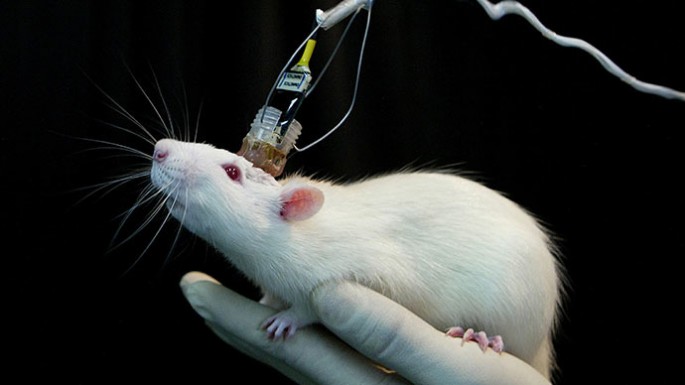A new amnesia study reveals that "lost" memories in mice still exist in the brain, and can be recovered. Researchers were able to reactivate suppressed memories of the mice, showing that "retrograde amnesia" might me more about data retrieval than data loss.
The Massachusetts Institute of Technology (MIT) researchers used "optogenetics" in their study. This medical procedure involves using an engineered virus to add a special protein to particular neurons.
After the protein appears in the mice's brain cells, they become more sensitive to blue light. Researchers can then turn neurons on or off like a light switch.
In their study, the researchers repeatedly shocked the mice in a "shock chamber" to create a bad memory. They selected which neurons were activated when the mice relived the bad memory in the shock chamber.
The scientists made those neurons light-activated in a new batch of lab mice. Then they trained them with the same electrical shocks.
The scientists then simulated humans with retrograde amnesia, by injecting the rodents with a drug that jumbles memory formation. The mice were unafraid in the shock chamber due to memory loss, until the researchers switched on blue light to active the brain neurons that stored the repressed memory. The mice showed a fear response again.
This was the world's first experiment in which researchers restored memories that they had suppressed in animals, according to The Verge. However, more significant is that memory loss that humans experience due to brain trauma might be recoverable.
Researchers believe that the "lost" memories are still hidden in the brain during retrograde amnesia. Brain cells in two parts of the hippocampus are still strongly connected in this scenario, according to The Washington Post.
Susumu Tonegawa, the study's lead author, said that in that retrograde amnesia, memories might just be unable to be recalled. He said that the findings require further research.
Ethical issues would likely prevent the experiments on mice being duplicated with humans. However, one day scientists might still discover more practical ways to retrieve memories "lost" due to amnesia.
The scientists' study was published in the journal Science on Thursdays.




























